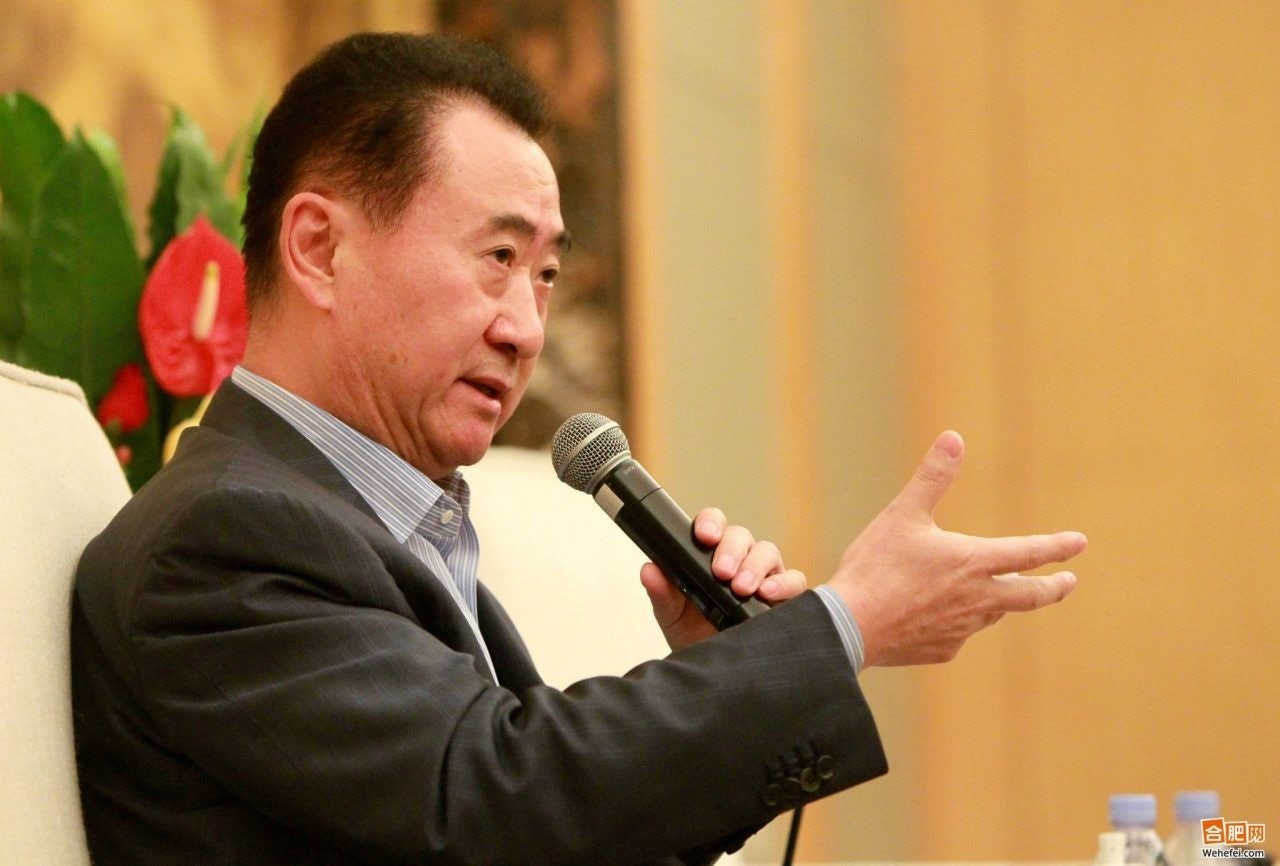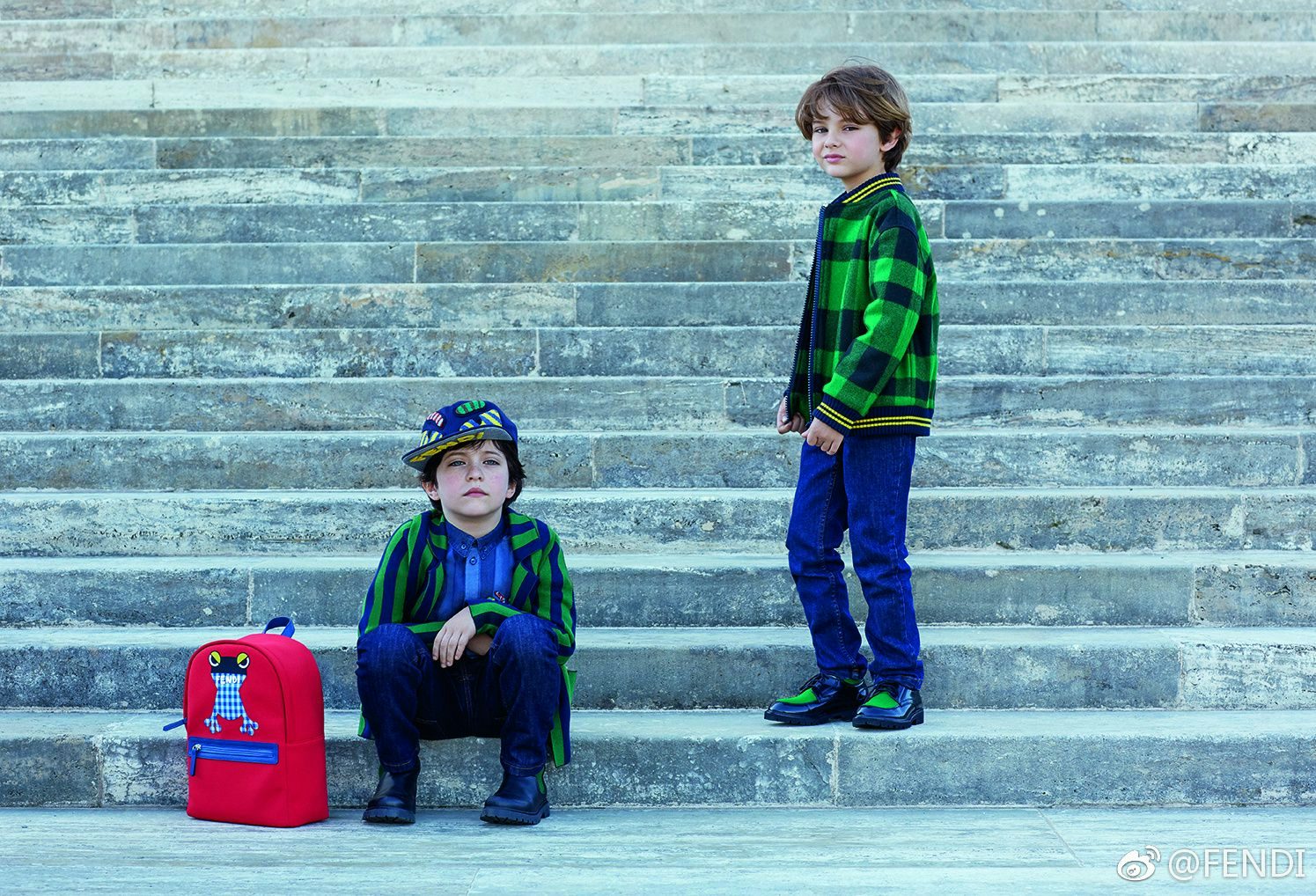There is a saying in Chinese that wealth never lasts beyond three generations (富不过三代). There are numerous theories behind this saying, with one suggesting family wealth is handed down in its entirety to the eldest sons, who will proceed to squander and mismanage the wealth until there is nothing left.
Contemporary issues such as much smaller families, a lack of meritocracy, and the lack of real world education are also factors. Chinese kids have typically been very sheltered and have rarely had to do anything for themselves apart from get good grades. Anybody who was in China in the ’80s or ’90s remembers well the little emperor syndrome.
Most Chinese private wealth was acquired in the early ’80s and ’90s, which means that much of this family wealth is now either already being handed down or being set up to be handed down to second and third generations; China’s little emperors of the ’80s and ’90s.
Furthermore, a recent report by Knight Frank indicated that in the next decade the number of ultra-high net worth individuals (with more than 30 million US in assets) in China will expand by 140 percent. With all these newly minted wealthy family owned businesses, the next couple of decades will see many existing and new businesses being handed down to successors.
This presents huge challenges for family businesses with their succession planning, with many ’80s era family enterprises facing huge obstacles as their children and grandchildren often returning from years of overseas education, face a Chinese business environment that is quite foreign to them.
Wang Sicong, the only son of Chinese billionaire, Wang Jianlin, of Wanda Corporation, will not inherit his father’s fortune or his business, which will be managed by a team of senior executives. Wang junior is well known for his extravagant lifestyle and lack of interest in business, so passing on the reins to him would present serious issues.
However, there are members of the second and third generations of Chinese UHNWI who are not only be able to take over family enterprises but will bring a fresh and modern perspective to the business which have outdated ’80s-style post-socialist management styles.
Not all second and third generations are interested in pursuing a pure consumer lifestyle. There are those in the generation that are pursuing higher ideals and have a different perspective on life. Thanks to their parent’s hard work, many in this generation are beginning a process of self-actualization and pursuing career and life paths that are personally fulfilling; pure business and commerce is less interesting. Many second and third generations are not replicating the traditional educational paths of their parents and are moving away from economics; finance and engineering and pursing education, the arts and philanthropy. This can present huge challenges in succession planning. It takes some effort to educate them about what it means to do business.
Professional service firms have entire business units focused on training this generation to do business, helping them find their place in their family’s companies, and showing them how to create a future for themselves that incorporates their interests and provides a real sense of accomplishment in areas of the business that matter to them. These companies are providing a vital role in succession planning and often work as mentors with the younger generations for up to 20 years.
Foreign education has been a double-edged sword. Chinese entrepreneurs were super keen to have their kids go abroad to study and learn Western business practices from Ivy league institutions, who have now brought back novel values such as delegation and work-life balance and modern ideas about management and human resources. Kelly Zong, the daughter of Wahaha entrepreneur Zong Qinghou has publicly spoken out about her father’s old school hands-on management style. Kelly is very outspoken on the issues of the excesses and pursuit of wealth, and commented that China had lost its soul in the process of acquiring wealth. She is not alone in expressing such sentiments.
The younger generation takes a greater interest in travel, art collecting and preserving China's culture, arts and traditional values, including Buddhist traditions. They are spending money on loftier pursuits that are more personally satisfying and developing a legacy that goes beyond monetary wealth.
There are also those who have managed to evolve and expand on the existing family businesses and forge new and exciting paths for themselves and their family businesses. Louis Li, who is the son of luxury hotel developers in Kunming, is quickly developing a reputation for creating unique and exciting luxury hotels. Now based in Melbourne, after completing his university degree in film, Louis has plans to develop a global hotel empire in his favourite cities in the world. His Jackalope Hotel in Melbourne's Mornington Peninsula was recently voted Australia’s best hotel, and he has recently bought another two development locations in the city of Melbourne.
The fuerdai (富二代) are indeed the future of the country and while there are high profile examples of them recklessly spending their inheritance, thanks to a more diverse education, the next generation does possess a worldlier view. While some family enterprises may not last more than three generations, the companies that do survive will evolve and may become more influential and offer greater value that their parent’s generation.




